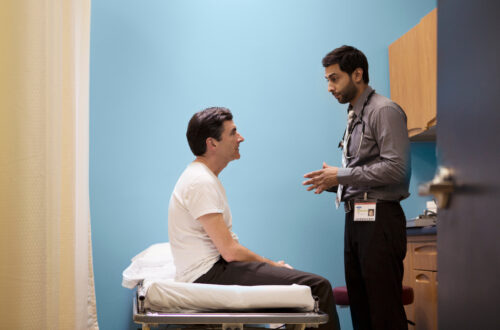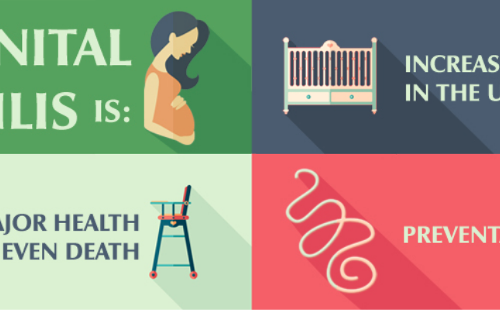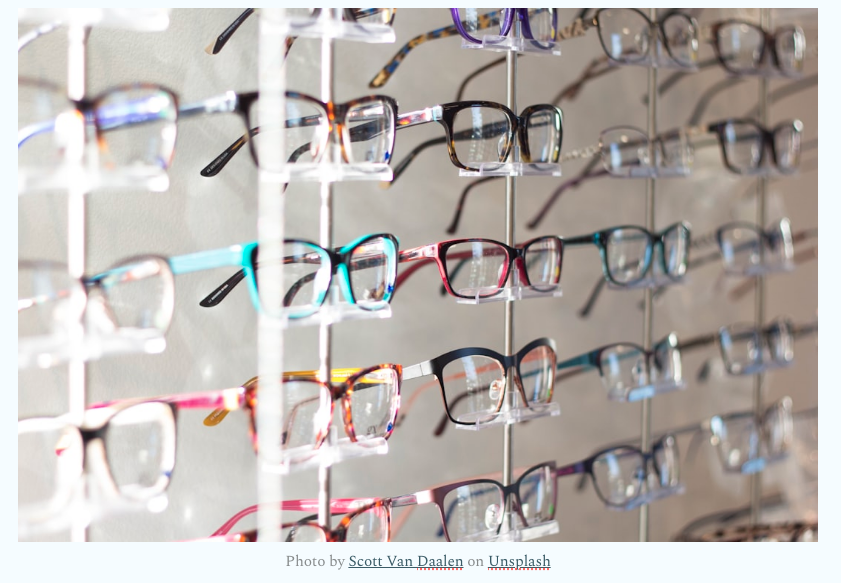
Unveiling the Importance of Vision and Eye Health
In the grand scheme of human health, vision and eye health play a vital, yet often overlooked role. Our eyes are not just our windows to the world, but also a reflection of our overall health. So, how can you maintain good eye health and how will that impact your quality of life?
Out of the five senses (sight, hearing, smell, touch and taste), we rely most heavily on our sense of vision. We gather important information about our surroundings. Our vision enables us to recognize faces, read, drive, and perform countless other activities. Without healthy eyesight, even the simplest tasks can become challenging. Given our heavy reliance on vision to navigate the world, if our vision deteriorates we become increasingly isolated. We can’t drive anymore, read books, or recognize a friend’s face. This loss of independence can cause more rapid progression of dementia in people who are high risk for dementia In addition, complete blindness can lead to insomnia and/or loss of the typical sleep/wake cycle also known as the circadian rhythm. And as we talked about before at DYH, adequate sleep is vital to good health.
Children and eye health
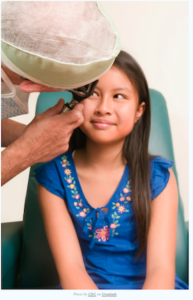
Good vision and eye health is fundamental to a child’s physical development, academic success, and social interaction. Regular vision screenings can help detect conditions like lazy eye and nearsightedness early, ensuring prompt treatment and preventing potential complications. At birth, newborns can only see a few inches in front of their face. Their eyes have difficulty tracking people around the room. They can make out vague shapes in black and white, and sense light. Quickly, their eyes begin to recognize primary colors, red being the first. Within months, babies recognize the faces of loved ones and track their movements around a room. The babies soon develop depth perception. By 12 months, they can grab items in front of them more reliably. This video explains the typical progression of a child’s eyesight and when you should notify your doctor if you are concerned.
Eyesight and our circadian rhythm
Early exposure to UV light can help set or reset our natural circadian rhythm. The circadian rhythm depends on how much melatonin, a hormone, is released by the brain. Simply put, when we’re exposed to bright UV light, melatonin production slows to prevent sleepiness. Avoiding bright lights and blue light from televisions or phones at night can help you release more melatonin and result in a more complete and restful sleep. These steps are also helpful if you’re traveling across time zones. Exposing yourself to early morning light and avoiding bright light at night can help you reset your clock to the current time. There are free apps and websites that can help you change your sleep/wake cycle prior to and during travel to help minimize jet lag. Regular exercise can also help!
Eye health and overall health
Regular eye exams to check your eye health can provide your doctor with important information on your overall health.
Your eyes have a wide network of tiny blood vessels in the retina, a light-sensitive layer of tissue in the back of your eye. How this network looks can provide important clues about some illnesses. For example, certain changes to the blood vessels of the retina can indicate that you have diabetes or hypertension before you develop symptoms anywhere else. Regular eye check-ups can help detect these conditions early allowing for timely intervention.
So what is preventative eye care?
Preventive eye care is simple. It includes regular eye exams, wearing sunglasses or a hat to protect your eyes from direct exposure to harmful UV rays (even in the winter and especially in a snowy environment!). Keep in mind, not all sunglasses are created equal. This article explains how to tell if your sunglasses will protect your eyes.
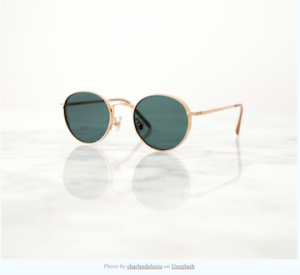
Another way to protect your eyes is by taking regular breaks from your computer to look far off into the distance – this helps prevent eye strain.
Of course, maintaining a healthy lifestyle will also help. Eating a balanced diet rich in fruits, vegetables, and fish can help prevent certain diseases. Quitting smoking is very effective way of decreasing your risk not only for heart attack, stroke, cancer, but also blindness! Regular exercise will also reduce the risk of age-related macular degeneration
As you can see (pun intended), vision and eye health are integral to our overall well-being and quality of life. By prioritizing regular eye check-ups and maintaining a healthy lifestyle, we can preserve our vision and catch potential health issues before they become severe. Remember, our eyes are not just the windows to our world, but also the windows to our health.
Disclaimer
The information in this blog is provided as an information and educational resource only. It is not to be used or relied upon for diagnostic or treatment purposes.
The blog does not represent or guarantee that its information is applicable to a specific patient’s care or treatment. The educational content in this blog is not to be interpreted as medical advice from any of the authors or contributors. It is not to be used as a substitute for treatment or advice from a practicing physician or other healthcare professional.


